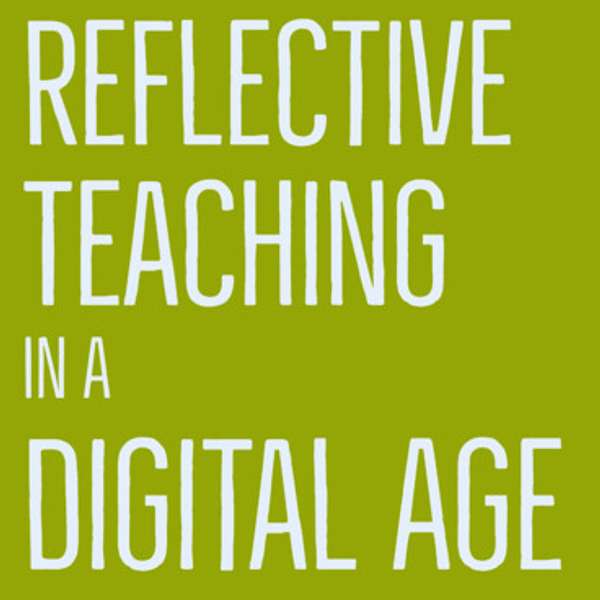
Reflective Teaching In A Digital Age
Reflective Teaching In A Digital Age
Using the Content, Assessment, and Pedagogy (CAP) framework to redesign learning experiences with Drs. Ruth Streveler and Karl Smith
For many instructors making decisions about what content must be emphasized, what needs to be assessed, and how to design activities that maximize learning is a challenging task, regardless of the mode of teaching. In this episode, Drs. Ruth Streveler and Karl Smith who collaborated on writing an opinion piece on their CAP framework share with us a way of thinking about redesigning off and online learning environments using the CAP framework as a guiding model of instructional approach.
Bios:
Dr. Ruth A. Streveler is a Professor in the School of Engineering Education at Purdue University. Dr. Streveler has been the Principle Investigator or co-Principle Investigator of ten grants funded by the US National Science Foundation. She is an Associated Editor for the Journal of Engineering Education (JEE), has published articles in the JEE and the International Journal of Engineering Education, and contributed two chapters to the Cambridge Handbook of Engineering Education Research. She has presented workshops to over 500 engineering faculty on four continents. Dr. Streveler’s primary research interests are investigating students’ understanding of difficult concepts in engineering science and helping engineering faculty conduct rigorous research in engineering education.
Dr. Karl A. Smith is Cooperative Learning Professor of Engineering Education, School of Engineering Education, at Purdue University. He is also Morse-Alumni Distinguished University Teaching Professor and Emeritus Professor of Civil, Environmental, and Geo- Engineering at the University of Minnesota. His research and development interests include building research and innovation capabilities in engineering education; faculty and graduate student professional development; the role of cooperation in learning and design; problem formulation and modeling; and project and knowledge management. Karl adapted the cooperative learning model to engineering education. His work on cooperative learning has helped thousands of faculty build knowledge, skills and confidence for involving their students in interactive and cooperative learning both during class time and outside of class. The effects of the work are significant in terms of creating a sense of belonging and membership in a community, as well as much more engaged and deep learning.